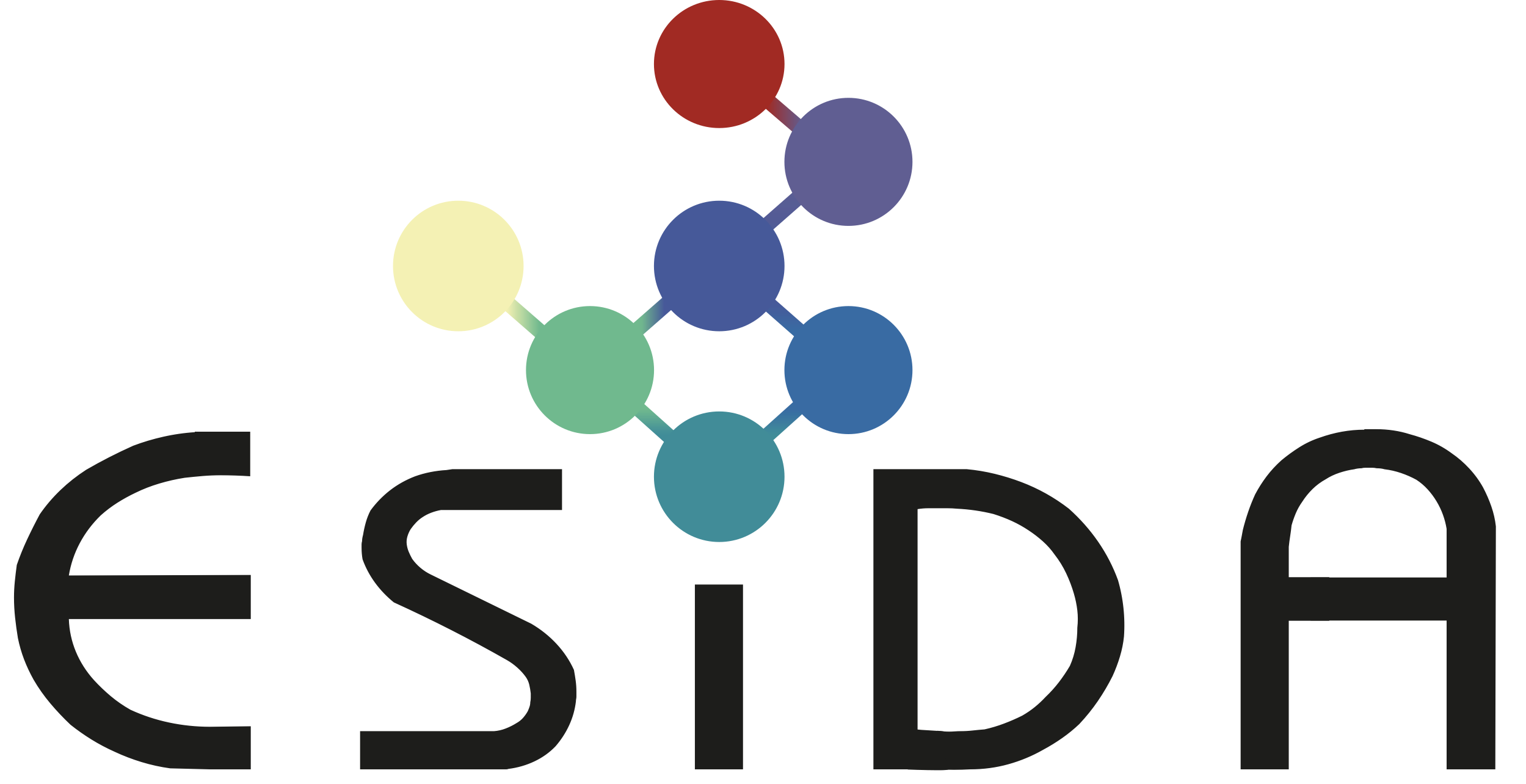ESIDA
Epidemiological Surveillance for Infectious Diseases in sub-Saharan Africa
Project Leader
Duration
-Budget
398.607 €Unit
Faculty of Life Sciences Faculty of Engineering and Computer ScienceThe ESIDA project integrates seven modules with specific research objectives:
Module 1: ESIDA collaboration and networking
................................................................................................................................................................................................
The aim of Module 1 is to initiate a cross-disciplinary research and education network consisting of German and African partners in order to strengthen epidemiological surveillance of infectious diseases in sub-Saharan Africa. Together with local stakeholders in Tanzania, infectious diseases with public health significance shall be prioritised. The main activities include the overall research coordination; the identification of the strengths, weaknesses, opportunities and threats of the ESIDA network; and joint capacity building in research and teaching.
Coordination: BNITM, HAW Hamburg (Sustainable Development and Climate Change Management RTC)
Module 2: eHealth strategies in epidemiological surveillance
................................................................................................................................................................................................
Module 2 aims to explore the potentials and challenges of digital epidemiological surveillance in sub-Saharan Africa using eHealth solutions. The work focuses on aspects of the feasibility and acceptance of eHealth solutions for early case detection and infectious disease surveillance in Tanzania using mobile phones. With the help of local partners from research and healthcare, existing strategies will be reviewed and new approaches explored to support automated real-time syndrome monitoring and early detection of disease, while providing users with health information. The concept builds on the results of the BMBF-funded pilot study eHISS, which was conducted in Ghana from 2013 to 2015 by the BNITM in collaboration with the Kumasi Centre for Collaborative Research, the Ghana School of Public Health, UKE, and the National Institute for Public Health and the Environment.
Coordination: BNITM, NM-AIST
Module 3: Potentials of Open Data sources in epidemiological surveillance
................................................................................................................................................................................................
The goal of Module 3 is to identify the potential of Open Data (health and non-health information) as an untapped resource for epidemiological surveillance in Tanzania. The epidemiological description of the emerging infectious disease under study and its key determinants in Tanzania forms the groundwork of this research. The main activities of this module focus on the identification and critical evaluation of Open Data sources as a key source of information for the ESIDA system, taking into account the environmental, social, political and cultural context of local disease dynamics.
Coordination: HAW Hamburg (Department of Health Sciences)
Module 4: ESIDA data management
................................................................................................................................................................................................
Module 4 aims to combine and structure various spatiotemporal health and non-health data in a joint database using information gathered through eHealth tools (Module 2) and Open Data sources (Module 3). The activities form the basis of the technical concept of the ESIDA health information and surveillance system and will further focus on the development of guidelines for the management, privacy and security of electronic health information.
Coordination: HAW Hamburg (Department of Computer Science), NM-AIST
Module 5: Indicator-based risk assessment for early outbreak detection
................................................................................................................................................................................................
Module 5 focuses on the identification and classification of early warning indicators for outbreak detection in Tanzania using the results obtained in modules 2 to 4. The key activities focus on the development of a methodological framework and software concept for the ESIDA system for data monitoring and analysis to lay out spatiotemporal disease patterns for visualisation, e.g. using digital maps. The output will be used to generate and disseminate outbreak alerts targeting public health actors and health policymakers.
Coordination: UHH, UKE
Module 6: ESIDA pilot study
................................................................................................................................................................................................
In Module 6, the four operational subsystems created in modules 2 to 5 will be combined to design an electronic health information and surveillance system (ESIDA, pre-prototype level). The main aim is to pilot the ESIDA system concept in the target area Tanzania by assessing its functionality and user acceptance. Additionally, it is envisaged that standard operating procedures (SOPs) will be developed based on the early warning principle of the ESIDA system in order to coordinate local outbreak investigation and laboratory diagnostics activities. The outcomes are intended to support and complement the activities and achievements of the EAC Mobile Labs project in East Africa.
Coordination: BNITM, NM-AIST
Module 7: ESIDA decision support system
................................................................................................................................................................................................
Alongside Module 6, Module 7 focuses on the development of a concept for decision-support for early outbreak detection and control in Tanzania using the ESIDA system. Here collaboration with local stakeholders is key. The main activities include the planning and conduct of stakeholder workshops, the identification of healthcare pathways for effective outbreak management together with local healthcare providers, and the development of an ESIDA information and implementation guideline for local stakeholders. The goal is to provide the basis for a possible follow-up pilot phase in collaboration with the East African Community (EAC).
Coordination: HAW Hamburg (Departments of Health Sciences and Computer Science), NM-AIST

